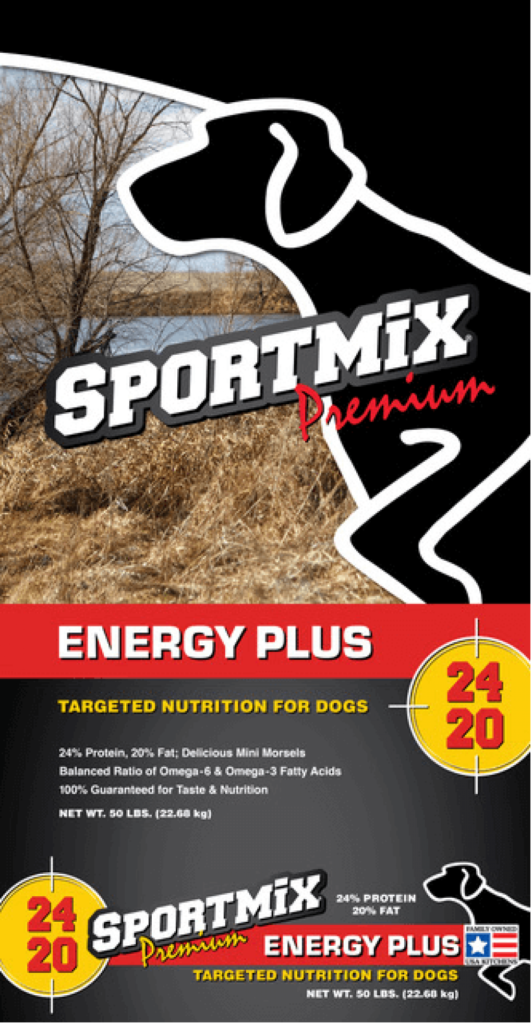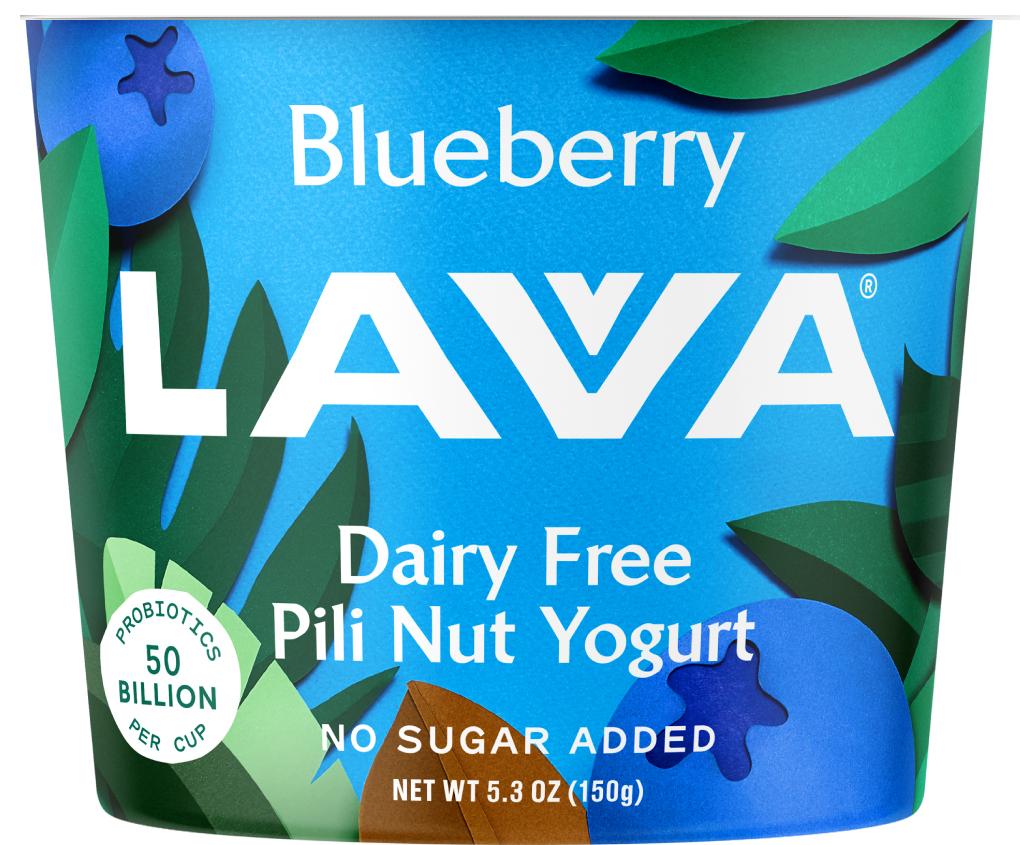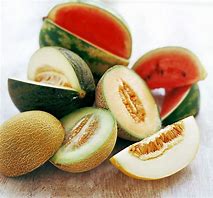On December 30, 2020, Midwestern Pet Foods, Inc. recalled lots of Sportmix pet food products after FDA was alerted about reports of at least 28 dogs that died and eight that were ill after consuming the recalled Sportmix pet food. On January 11, 2021, the FDA alerted the public that they are aware of more than 70 pets who have died and more than 80 pets sick after eating Sportmix pet food.
Multiple product samples were tested by the Missouri Department of Agriculture and found to contain very high levels of aflatoxins. As a result, Midwestern Pet Foods, Inc. expanded the recall to include all pet foods containing corn and manufactured in the company’s Oklahoma plant and having an expiration date on or before July 9, 2022. More than 1000 lot codes are affected. @ https://www.fda.gov/animal-veterinary/outbreaks-and-advisories/fda-alert-certain-lots-sportmix-pet-food-recalled-potentially-fatal-levels-aflatoxin?utm_medium=email&utm_source=govdelivery




